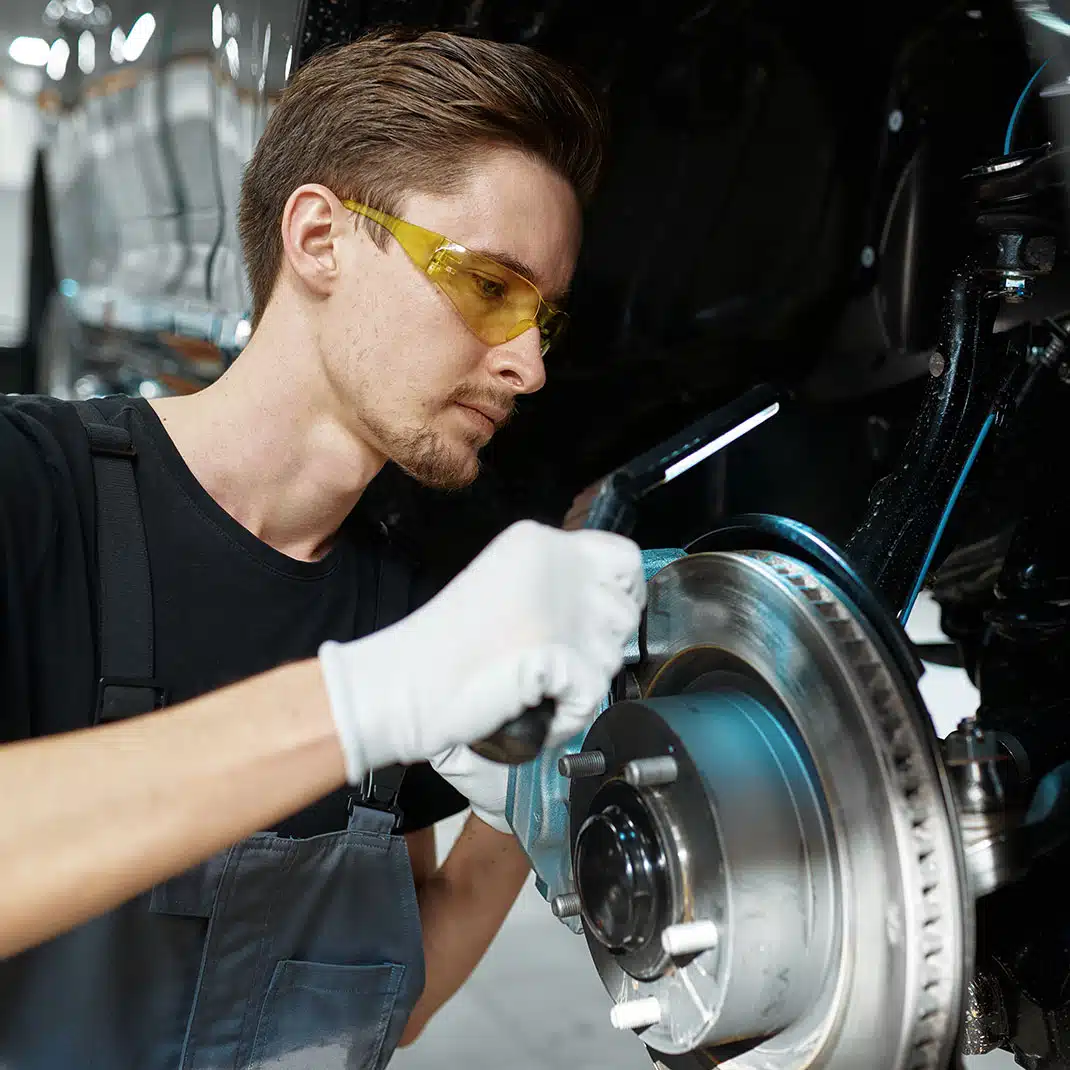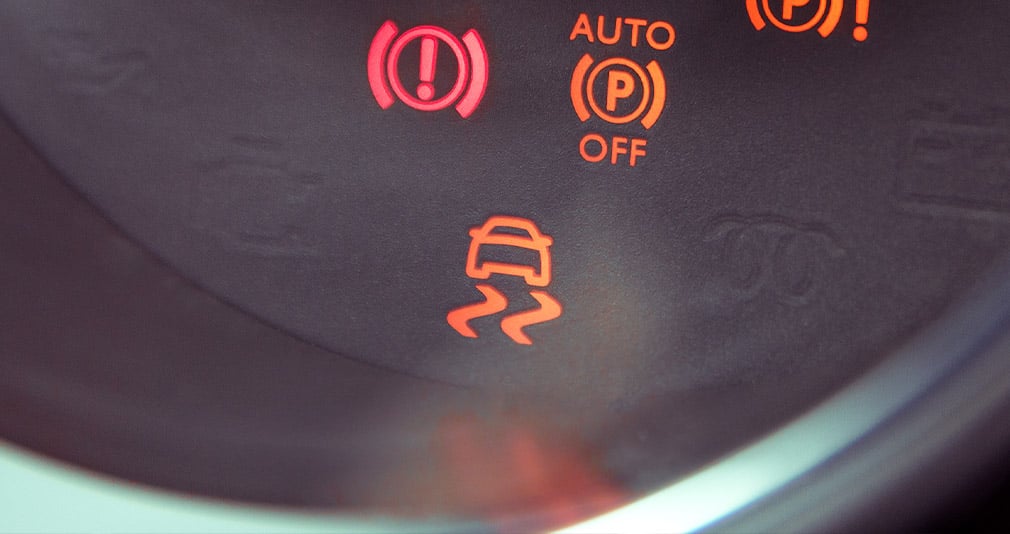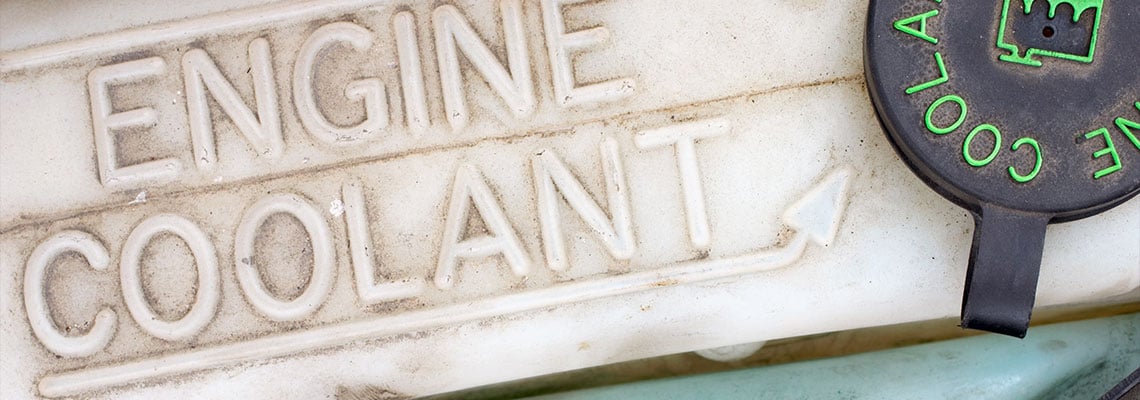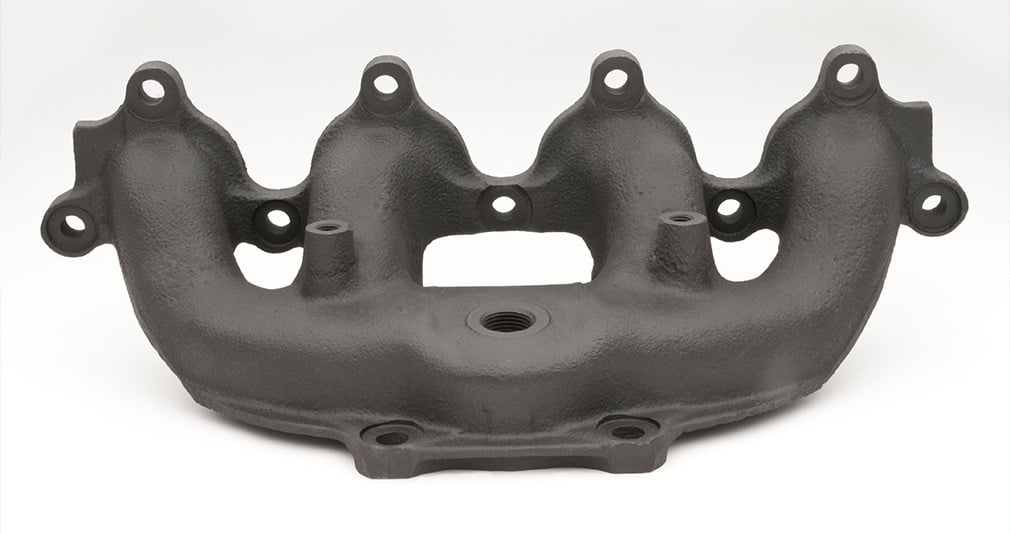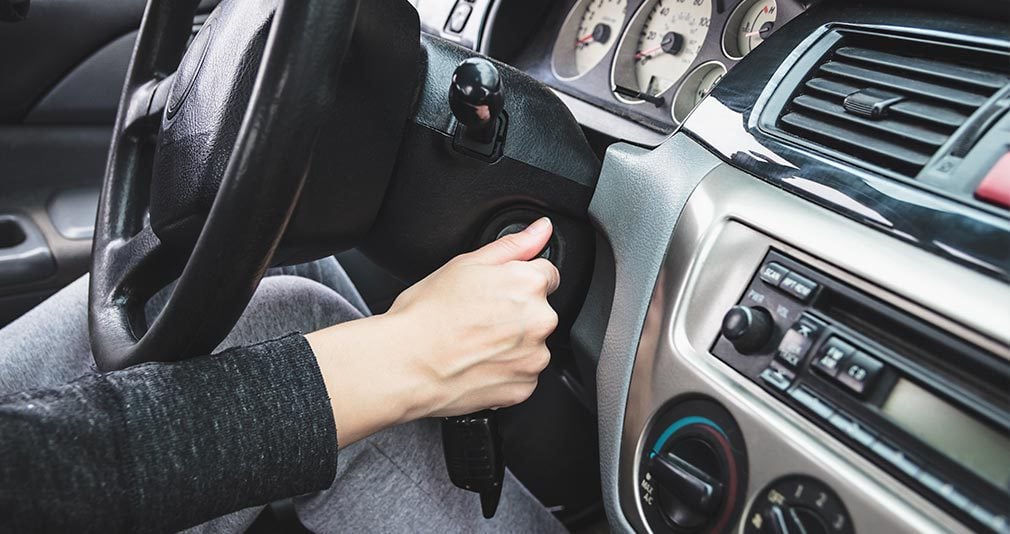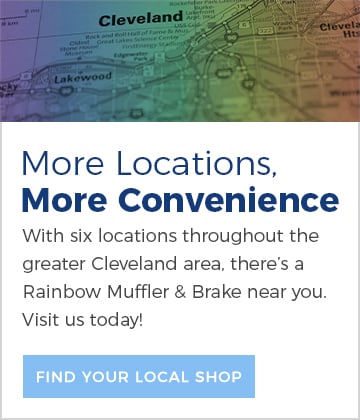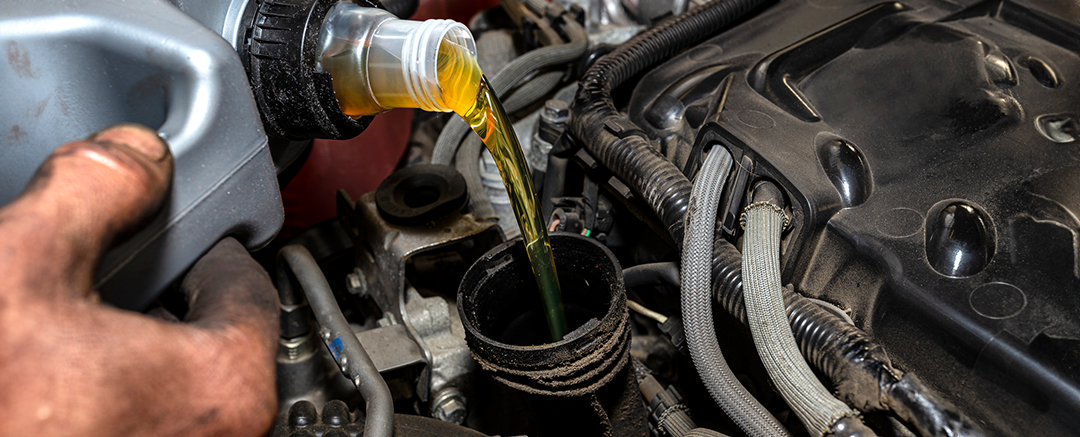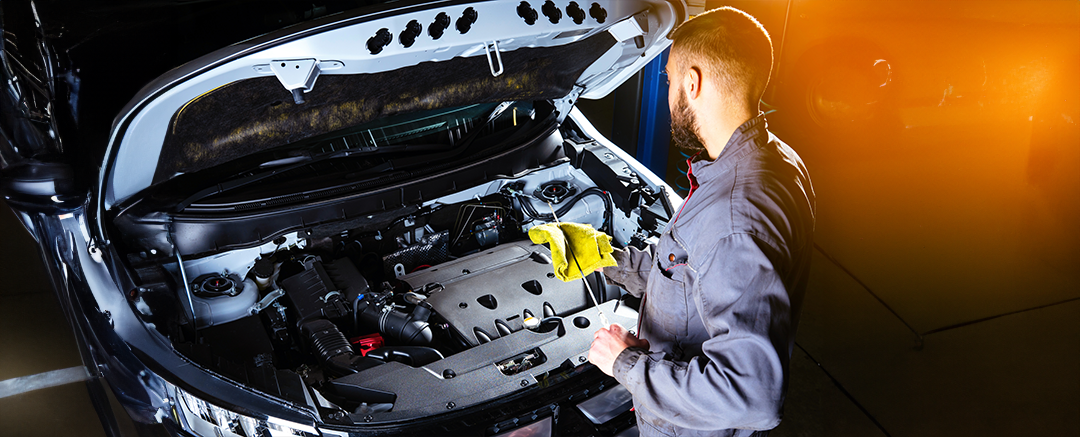You’re driving along, minding your business, when you lightly press on the brake and ease into a left turn. Then you hear it. Squeaaaaal!
You figure it must be an issue with the brakes. But what? And how serious is it? Squeaking or squealing often signals brake pads that are worn out and ready for replacement. Grinding or metal on metal sounds could indicate a more serious problem.
Let’s take a look at the all-important brake pads: what they do, why they’re critical to your car’s safety and how to know when to swap them out for a new set.
What Do Brake Pads Do?
Brake pads are an integral part of your car’s braking system. In a disc brake system, the pads — metal-backed plates covered in friction material — clamp down on the rotor (the circular metal disc attached to the wheel) when you press the brake. Without functioning brake pads, you don’t have the friction necessary to stop your car safely.
All that friction will eventually lead to the material on your brake pads wearing down. That’s what they’re designed to do.
Signs It’s Time to Replace Your Brake Pads
Because brake pads are so critical, they’re designed to let you know when it’s time to replace them before it becomes unsafe to drive. Here are a few signs you’ve got worn-out brake pads.
- Squeaking or squealing noises. Like a hungry toddler begging for a snack, brake pads are designed to let you know when they need something now! Most brake pads have a built-in device called an indicator or a squealer that lets you know it’s time for a swap. When your brake pad is worn down enough to warrant attention, the squealer makes contact with the rotor, emitting — you guessed it — a squeal.
- Grinding. If you ignore your squealer, you’re in for a grind (and likely a more expensive repair). Grinding or scraping indicates metal on metal contact — no brake pad friction material to stand in the way. If you let the grinding go too long, you’ll likely need to replace the rotors along with the brake pads.
- Vibrations. You can use more than just your ears to tell you when it’s time for new brake pads. If you feel vibrating or pulsing when you push down on the brake pedal, it could mean your brake pads are unevenly worn, or your rotors are warped.
- Decreased performance. Longer stopping distances, the vehicle pulling to one side as you brake, or a soft or spongy feeling when you press down can indicate it’s time to get your brakes checked and likely make a brake pad swap.
- Something looks off. You can see the brake pads through the wheel spokes on many cars. If you see less than a quarter-inch of padded friction material, it’s time for a swap. Some brake pads have a slot in the center that appears smaller and smaller as your brake pads wear down. If it’s barely visible, it’s time for a new set.
How Long Do Brake Pads Last?
A typical set of brake pads should last between 30,000 and 70,000 miles. Keep in mind this is an average, meaning some brake pads will wear out after 25,000 miles while others could keep you stopping safely for much longer. There are a number of factors that affect how long your brake pads will last:
- Driving habits. If you tend to slam on the brakes rather than easing into a stop, your brake pads will likely wear out sooner. On the flip side, a gentle touch can help extend the life of your brake pads.
- Where you drive. Stop-and-start traffic is harder on brake pads, so if you’re in a city and commute often in traffic, you may find you’re swapping out your brake pads more frequently.
- The type of brake pads you install. Not all brake pads are created equal. Higher-quality pads will last longer than cheaper alternatives. Always consult with your trusted technician on the best brand and type of brake pads for your vehicle.
Even if you aren’t due for a brake pad replacement, it’s a good idea to ask your technician to inspect your entire braking system every time you have your tires rotated. This can ensure you catch worn-down pads before they become a major problem.
How Much Does a Brake Pad Replacement Cost?
How much you pay for a brake pad replacement depends on factors like the make and model of your car and the type of brake pads you choose. On average, parts and labor for brake pad replacement run between $100 and $300 per axel. Rotor replacement costs between $200 and $650 per axel, including parts and labor.
Trust Your Brakes to a Specialist
According to research conducted by IMR Inc., brake work is number seven on the list of the top 10 most common vehicle repairs performed by car owners and their trusted repair shops. While brake pad replacements are a common auto shop service, given the importance of your car’s braking system, it’s always a good idea to seek out a shop that specializes in brake repair.
Brake specialists have experience working on all types of vehicles and can spot issues others may miss. So, even if you come in seeking a simple brake pad replacement, an expert tech will perform a comprehensive check of your entire braking system to identify potential issues and send you on your way safely.

